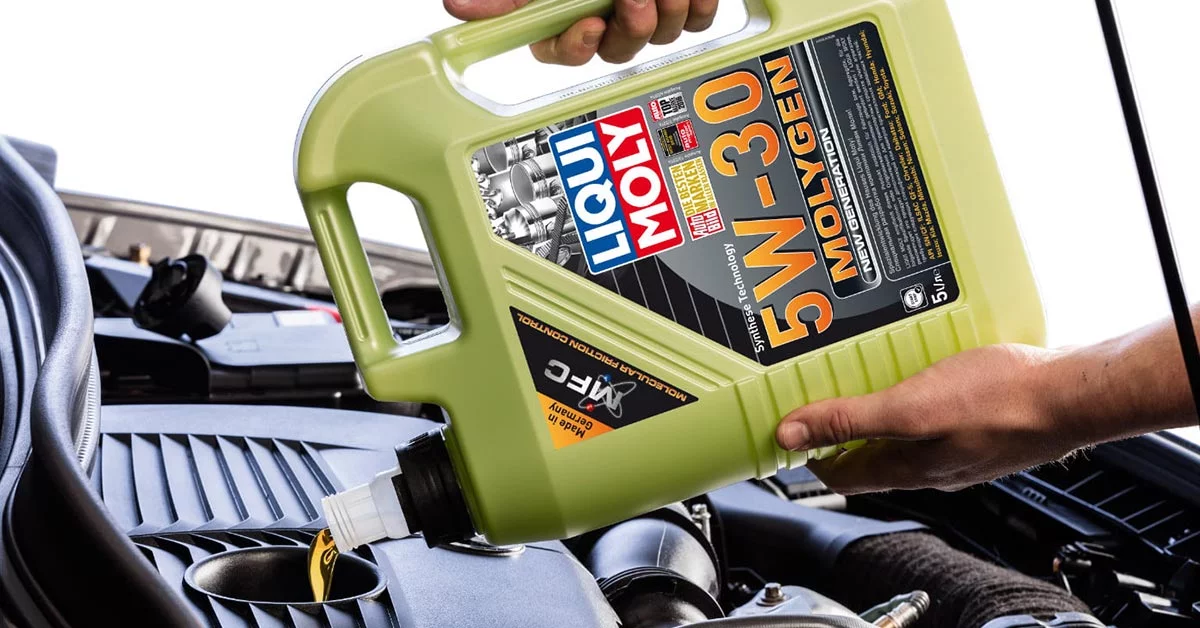
Imasuen Moses Auto Motor Parts
- Home
- Uncategorized
- Choosing the Right Oil for Your Engine: A Comprehensive Guide

Choosing the Right Oil for Your Engine: A Comprehensive Guide
As a responsible car owner, you understand the importance of regular engine maintenance. One crucial aspect of this maintenance is choosing the right engine oil. Your vehicle’s engine depends on it to perform at its best and stay in optimal condition. However, the vast array of engine oil options on the market can make the decision overwhelming. In this comprehensive guide, we’ll walk you through the process of selecting the perfect oil for your engine.
1. Understand Viscosity
Viscosity is a key characteristic of engine oil. It refers to the oil’s thickness or resistance to flow. You’ll typically see two numbers on an oil container, such as 10W-30. The “10W” represents the oil’s viscosity in cold temperatures (W stands for winter), and the “30” is the viscosity at high temperatures. Lower numbers indicate thinner (less viscous) oil, which flows more easily in cold conditions. For most vehicles, multi-viscosity oils, like 10W-30, are suitable for year-round use.
2. Refer to Your Owner’s Manual
Your vehicle’s manufacturer knows your engine best. Check your owner’s manual for the recommended oil viscosity and quality standards (e.g., API or ILSAC). Following the manufacturer’s guidelines ensures that you’re using the right oil for your engine.
3. Synthetic vs. Conventional
You’ll encounter synthetic and conventional (also known as mineral) oils. Synthetic oils offer better performance, especially in extreme conditions. They provide superior protection, resist breakdown, and offer improved fuel efficiency. While synthetic oils are more expensive, they can be a wise investment for high-performance vehicles or cars subject to harsh driving conditions.
4. Consider Your Driving Habits
The way you drive can influence your oil choice. If you frequently engage in stop-and-go city driving, towing, or operate in extreme heat or cold, you may benefit from a high-quality synthetic oil that offers better protection under these conditions.
5. Oil Additives
Some engine oils come with additives that offer extra protection, such as detergents to clean your engine or friction modifiers to reduce wear. Pay attention to the specific additives and their benefits when selecting your oil.
6. Change Intervals
Another factor to consider is how often you change your oil. Conventional oil typically requires more frequent changes (every 3,000 to 5,000 miles), while synthetic oil can last longer (up to 7,500 to 10,000 miles or more). Your choice should align with your preferred oil change intervals.
7. Brand and Quality
Choose reputable brands and oil that meets industry quality standards, such as API (American Petroleum Institute) or ILSAC (International Lubricant Standardization and Approval Committee). Quality matters for the longevity and performance of your engine.
8. Consult a Professional
If you’re uncertain about which oil is right for your engine, consult with a trusted mechanic. They can provide guidance based on your vehicle’s specific needs and your driving habits.
Choosing the right engine oil is essential to ensure your engine’s longevity and optimal performance. Follow these guidelines, consult your owner’s manual, and seek professional advice when in doubt. By making the right oil choice, you’ll keep your engine running smoothly for many miles to come. Your car and your wallet will thank you for it.
Latest Post


Choosing the Right Oil for Your Engine: A Comprehensive Guide

Customizing Your Ride: Tips for Choosing the Perfect Auto Accessories

Understanding Car Fluids: A Guide to Types and Maintenance
Newsletter
Thank you for choosing Imasuen Moses Auto Motor Parts as your automotive resource. We look forward to keeping you informed and inspired on your automotive journey.
